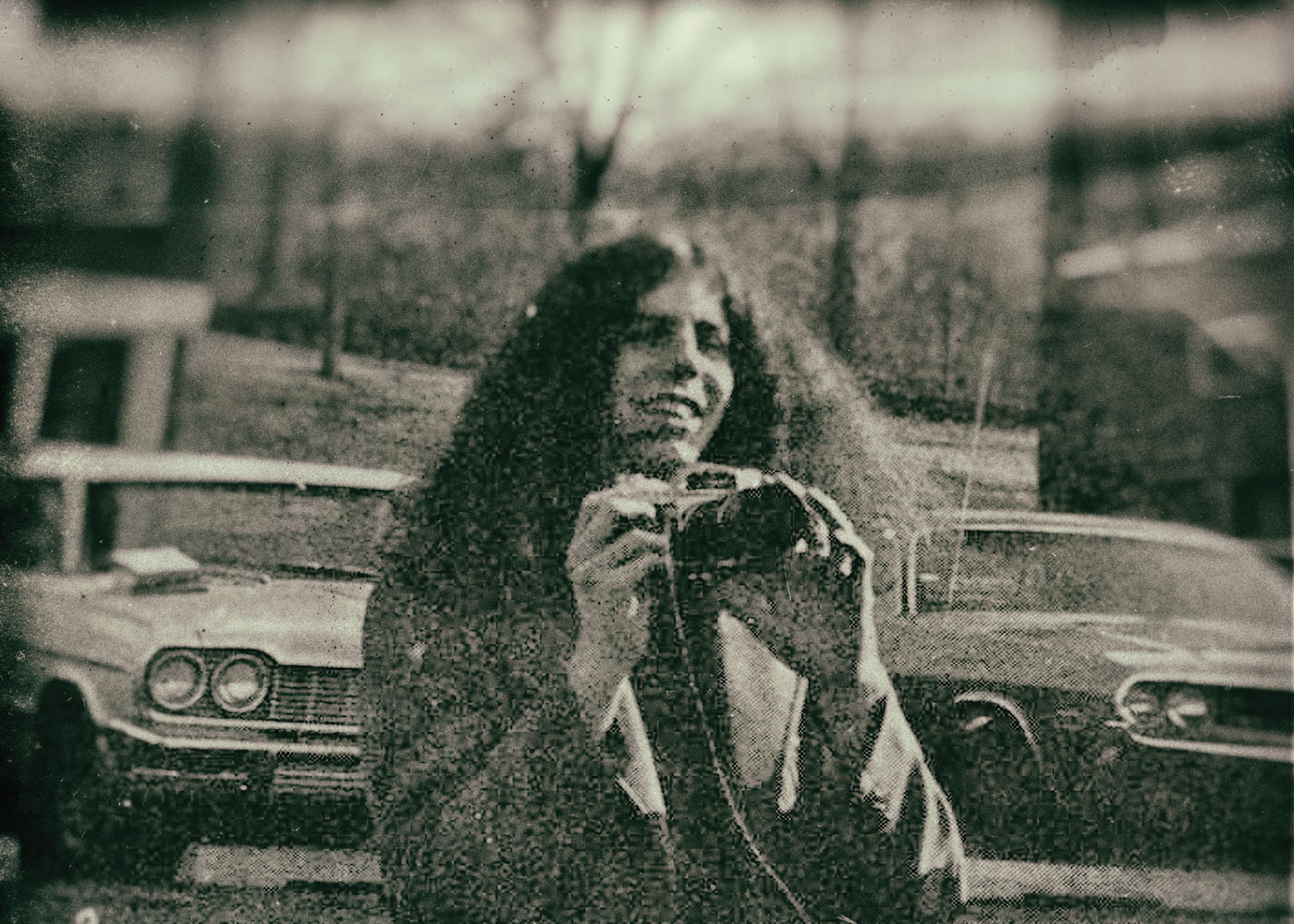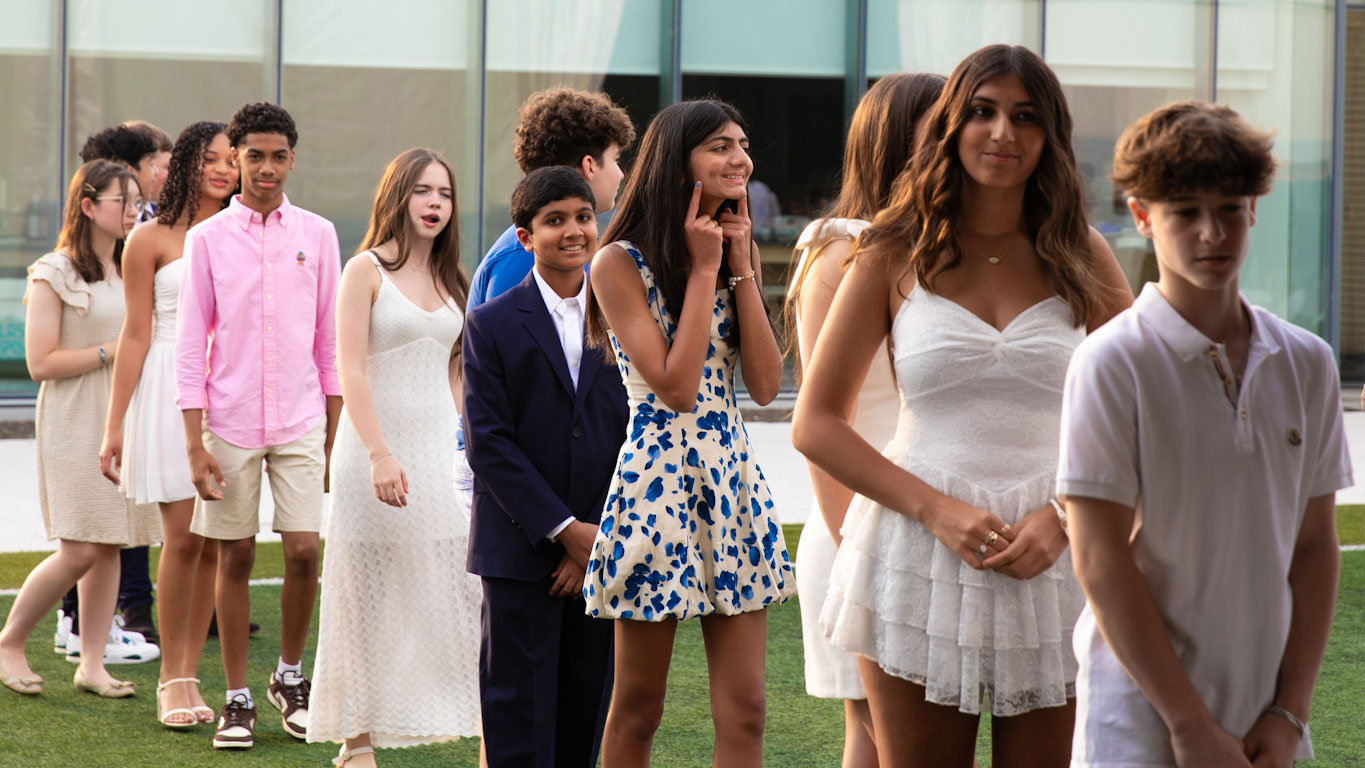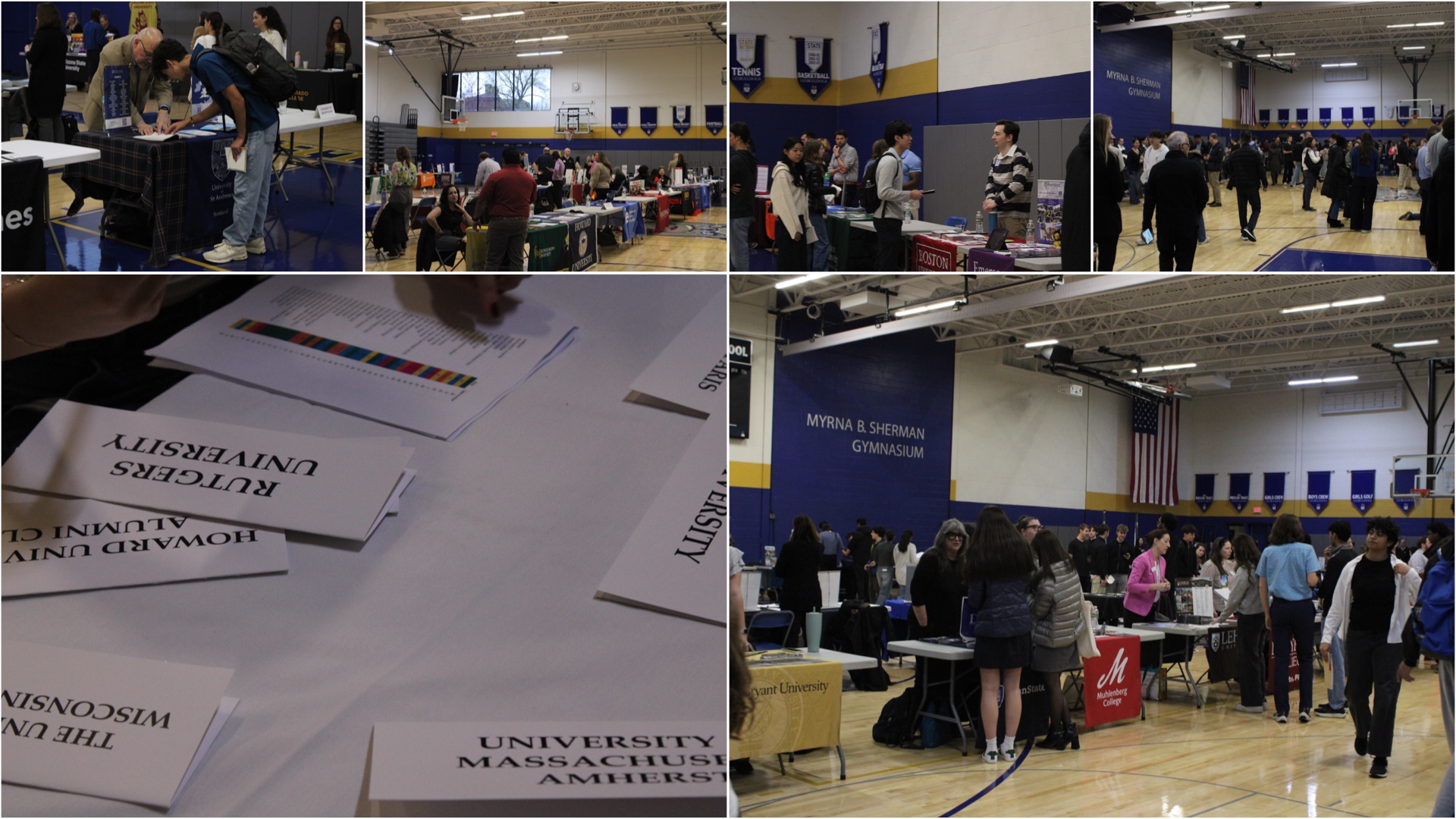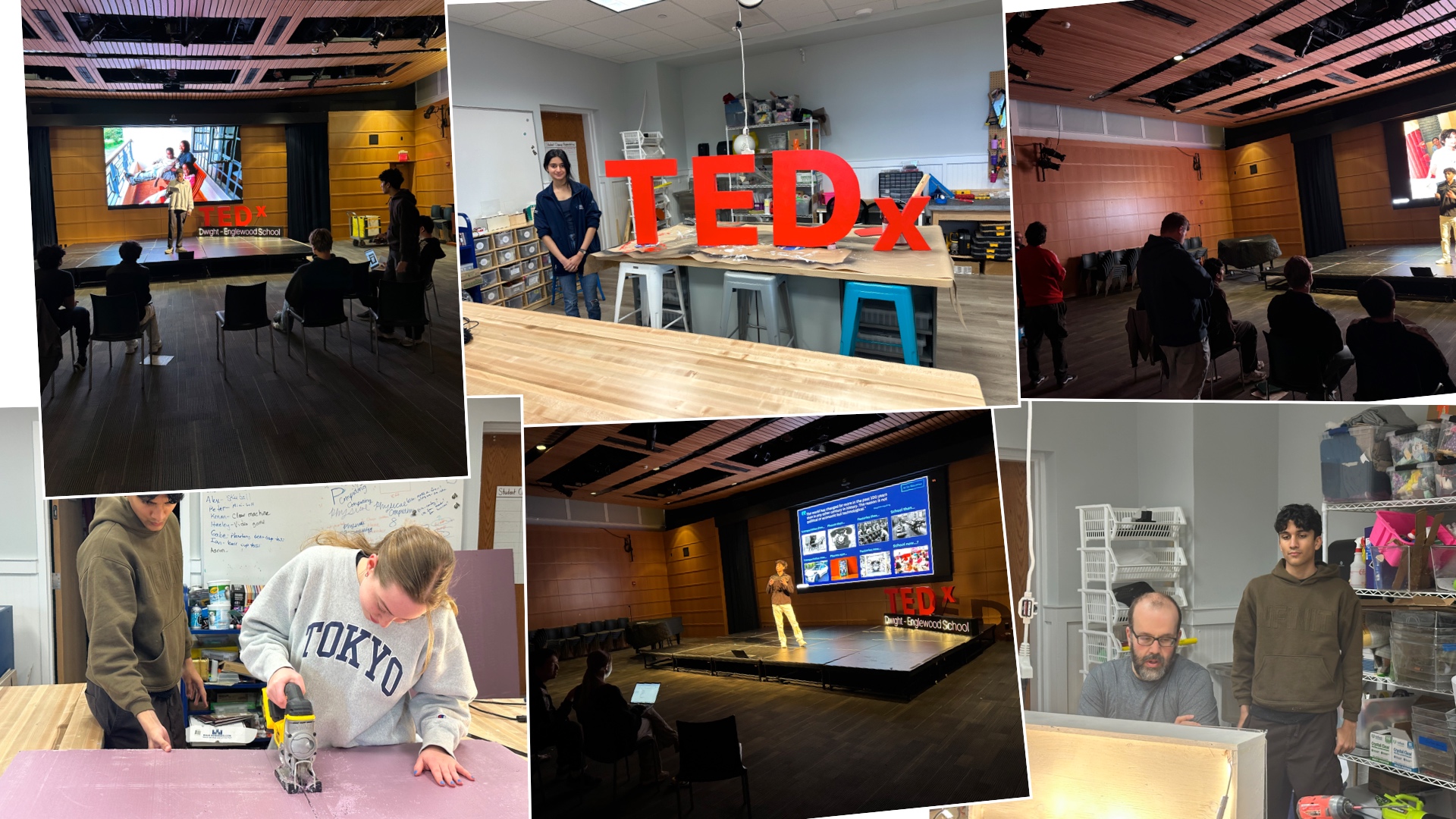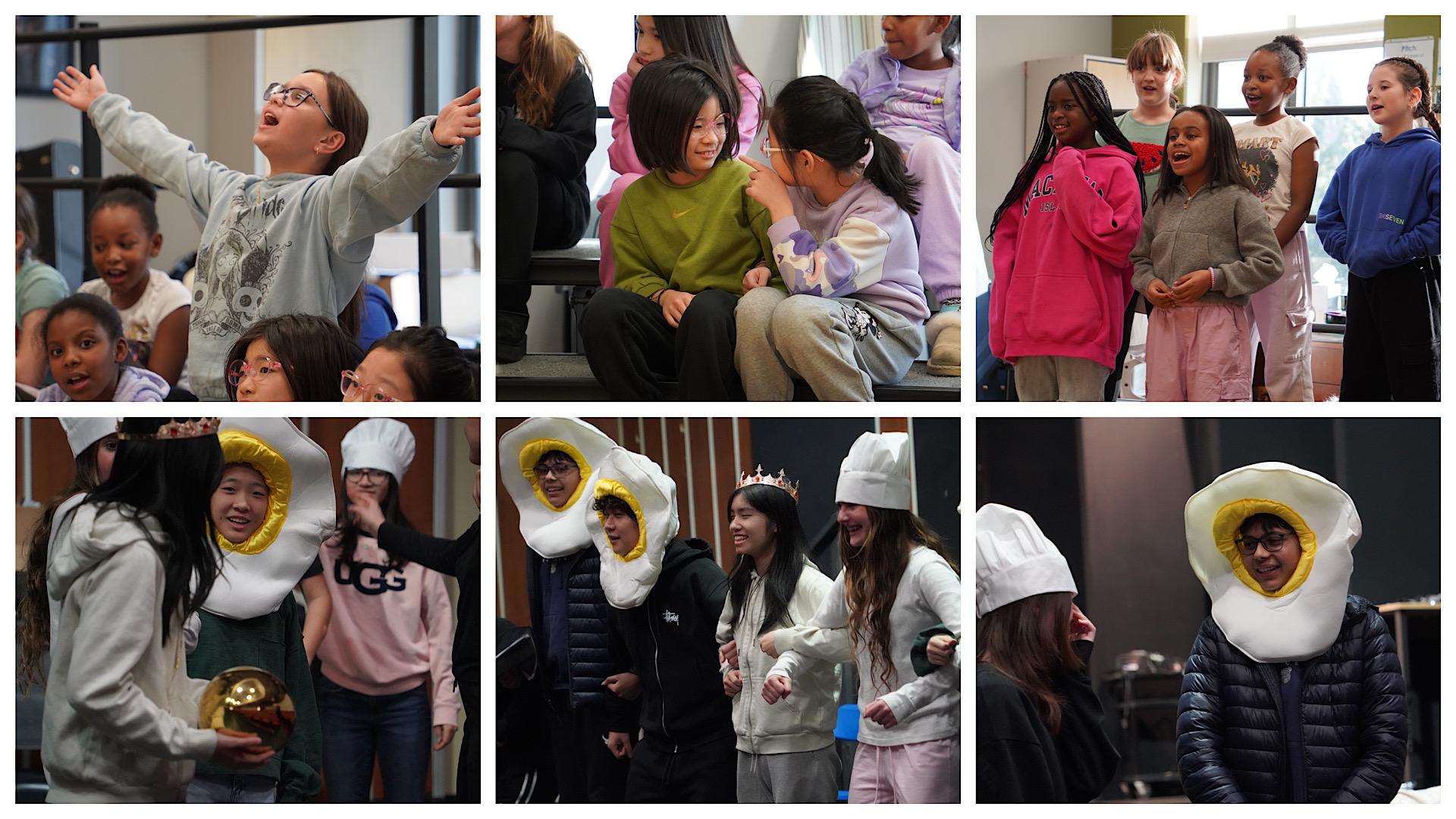Anthony Bourdain, born June 25, 1956, died June 8, 2018.
Late in life, after age 45, my brother Tony became one of the more illustrious alumni of the former Englewood School for Boys. And, in my admittedly biased view, his was one of the most tragic deaths of 2018 because so many people in all walks of life across America and around the world felt a personal connection with him, and appreciated his truthful exposition of our amazing and diverse planet.
It was not always obvious Tony’s life would head this way! Tony started his schooling in our hometown of Leonia, but had troubles in our local grammar school that compelled our parents to send him to the Elisabeth Morrow school for 5th and 6th grades, then on to ESB.
This was the late 1960s and early 1970s. In those days, ESB—like many college prep schools—was fighting a losing battle to maintain dress codes, “hair rules,” and many other old-style rules that the times were making less and less relevant. Especially to people like Tony.
Ancients who remember ESB in the 1970s may recall a few of the things Tony got up to in his years there. The soccer team in 10th or 11th grade had a maximum hair length rule, which Tony and his friends exceeded by a lot. He and three good friends got some short (and, I gather, pretty silly-looking) wigs for soccer, rather than cut their hair. Instant compliance! That is, until the wigs flew off when “headers” were played! Tony and a few friends also briefly published a less-than-reverent “alternative” school newspaper, Gorilla, until the powers that be shut them down. I vaguely remember a “Gorilla Day” when I was in 8th grade, involving Tony or one of his cohorts running around campus much of the day in a gorilla costume.
And then, of course, there was the fairly constant feature of his life pretty much from ninth grade on: He and his mostly older pals would sneak onto neighboring residential properties next to Dwight’s or ESB’s campus to smoke weed, or would drive to one of their homes for almost daily midday weed breaks.
Many on the faculty at ESB were “troubled” by Tony and his cohorts in those days. Druggy and rebellious. My foggy recollection is he did not like many of them either. But there were a few. I know he liked and respected English teachers Malcolm Duffy and Karl Zimmermann. Surely there were others.
If memory serves, Tony did well in English and excelled at art. He also liked photography in those years. Outside school, our entire family were very into classic and “art” film. So: Early signs were there.
But let’s just say: School was never really Tony’s “thing.”
ESB could not hold Tony, and he took summer courses so he could graduate a year early and follow his Dwight girlfriend Nancy ASAP to Vassar. The strategy worked: They later were married, and remained so until 2005.
Tony left Vassar after two largely misspent years — although papers he wrote for others reportedly got high marks. Later, after a well-recounted summer job in a restaurant in Cape Cod, Tony ended up going to the Culinary Institute of America. After that, he had a succession of cook/chef jobs in NYC through the 1980s and 1990s, including at a number of restaurants that opened and then failed within a few years. The work was intense, sometimes crazy fun, often frustrating, and inevitably tiring.
During a long stretch in the 1980s, Tony was addicted to heroin. My family did not realize it at the time, and I was shocked to learn it later. I only observed how skeletally thin he looked during some of those years. Luckier than many, Tony eventually got into a program and managed to free himself from this addiction.
Tony was always a brilliant wordsmith, and in the late 1990s, he somehow dredged up the time discipline to write two satirical mobster-themed novels, Bone in the Throat (1995) and Gone Bamboo (1997), and find a willing publisher. Read them. They had limited commercial success then, but they are tremendous fun.
Tony’s life changed forever in 2000, at the age of 44, when he was working as executive chef at the French-style “Brasserie les Halles” in New York. Kitchen Confidential, his brutally honest, confessional, and hysterical memoir/expose of life in NYC restaurant kitchens in the 1980s and ’90s was published. It quickly hit the best-seller lists. It is still eye-opening and relevant in 2019. And funny.
Tony’s 2000-01 plan was to take a year off, travel the world trying all sorts of different food, and write about it all in a new book to be called A Cook’s Tour. Some TV people got wind of this and offered to follow him around and make a TV show out of it. Here is where Tony’s new life as a global explorer- philosopher began.
This first TV series (2001-03) was all about the food. Here was an irreverent, hysterical, self-deprecating food maven, taking us around the world to check out all sorts of food including some pretty amazing and bizarre stuff. Even in well-trodden countries like Japan and France, he took us to offbeat less-known corners, showing us things we had not seen or known about previously. Street food and traditional working-class food markets were an early feature that few had devoted attention to before. Tony approached every place with curiosity and openness to try anything, and without prejudice or fear. He treated humble street food vendors and Michelin three-star chefs with equal respect. He drank and sometimes got hammered, on-camera. It was clearly unscripted, and authentic.
A Cook’s Tour was a hit that enabled Tony to gain much more creative control of his next two series, No Reservations (2005-2012) and Parts Unknown (2013-2018).
Some episodes in these next series still dwelt on well-visited locales and food. But what Tony’s most important and artful shows gave us — and still give us — are see-it-for-ourselves honest views of many places that have suffered in some way. From wars, social turmoil, natural disasters, oppression of some kind, long-term economic decline, or just from being long looked down on, or feared, or misunderstood. The list includes Congo, Gaza, Iran, Laos, Lebanon, Libya, Sri Lanka, Turkey. And Detroit and West Virginia. Without preconception, Tony took us to all these places, and used some of the more magical aspects of his personality and manner (a “potage” of respect, sympathy, curiosity, and humor) to get people to talk to him about what it is really like there. Nobody else on television has done this. Ever.
Tony was early on a hero to chefs, restaurant workers, “foodies,” adventure travelers, and armchair travelers in the years right after 2000. But in the last decade, he became a different type of inspiration and hero to people who care more deeply about different cultures, different societies, politics, and the betterment of the world around us. Latino line cooks in restaurants across the US loved him. And President Barack Obama was a fan, and asked to be on his show. And was! In 2017, in Vietnam.
In the days after Tony’s shocking death on June 8, 2018, thousands of print and internet articles and millions of emails and tweets flew all around the world, all basically hailing what Tony had contributed to understanding of the world and its cultures, and many confirming how people of all backgrounds felt that he had connected with them in some very personal way. But what touched and amazed me most personally were the hundreds of handwritten notes of tribute that people had spontaneously written to or about Tony and taped up on the façade of the long-closed Brasserie Les Halles on Park Avenue South, where Tony had his last and best-known job as a chef from 1998 to 2001. Here are excerpts from just a few: “you inspired me to get out of my comfort zone, find the real cultures of the world, and fearlessly immerse myself in the richness of life”; “thank you for showing us both sides…thank you for your joy”; “advocate for the working classes, the immigrants, the poor…this world didn’t deserve you”; “you were our best ambassador”; “Thank you for inspiring us to accept others’ differences as beautiful and not see them as wrong”; “he took away the fear of the unknown.” Others thanked him for showing the world their particular food, or for showing the world that they (Iranians and Gazans among others I saw) are good people.
In April 2018, a writer for the online journalist-owned publication Popula managed to get an entire evening of very open conversation with Tony. She really captured him, being himself. Popula published it in July, after his death: https://popula.com/2018/07/15/bourdain-confidential/. I can’t recommend it enough to get a good sense of what Tony was all about.
Tony, forever an atheist and an irreverent skeptic with a battery of swift scythe-like verbal put-downs always at the ready, somehow ended up embodying a meld of modern Mark Twain and peculiarly saintly explorer-prophet. The constant messages that beamed out from his best programs were these: The humble and hardworking deserve respect. Don’t de-humanize anyone. If we could all of us, around the world, just sit together for a while and have some food and talk, we would see how much we have in common. In the quite high-risk and amazing episode Tony filmed in Libya in 2013, he made the much-quoted comment: “Barbecue may not be the road to world peace, but it’s a start.”
It is a message we all need to chant to ourselves and internalize, sadly more in 2018 and 2019 than in years.
I would be happy to hear any memories/stories of Tony at ESB. Email rememberanthony2018@gmail.com

